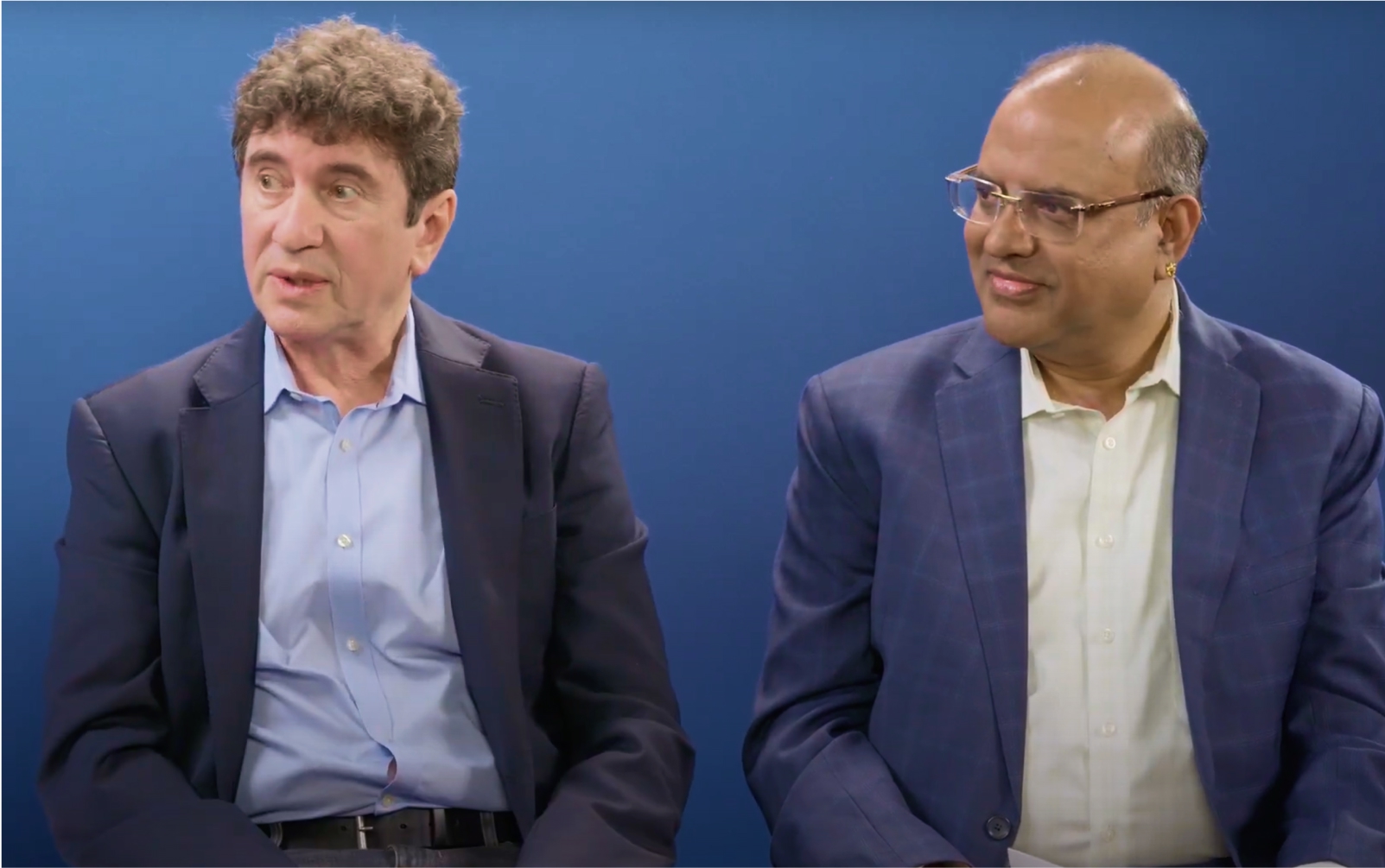July 17th, 2025
2 min read
Know Your Customer (KYC) is a critical process in the banking sector, involving the verification of a customer’s identity to prevent money laundering and other financial crimes. Covering 11 domains including demographics, tax, and financial data, it is crucial for onboarding, high-value transactions, regulatory compliance, and ongoing monitoring. Traditional KYC processes are slow, cumbersome, and can create service disruptions for customers. Gene Vayngrib co-founded Tradle to provide an option: a blockchain-based KYC platform enhanced with AI.
NTT DATA acts as a global system integrator, connecting Tradle’s innovative platform to large financial institutions. Madhusudhan Magadi, Managing Director and CTO at NTT DATA’s Client Growth Office, joined Vayngrib, CEO & Co-Founder to talk with us about the relevance of blockchain in today’s regulatory environment, specifically for solving KYC challenges in the financial services industry.

Bridges and Barriers
Some might dismiss blockchain and AI as hype, but Magadi and Vayngrib know otherwise. They are applying these technologies to one of the most complex and costly challenges in banking – KYC (Know Your Customer) – to create a global, scalable solution that can engender trust, speed up onboarding, and save billions in compliance costs.
NTT DATA brings scale and institutional credibility to the table. Tradle, a nimble fintech with a robust architecture, brings the innovation. Together, they’re building a KYC ecosystem that spans Europe, North America, and Asia-Pacific.
KYC is the foundation of banking relationships. It verifies a customer’s identity, ensuring compliance with regulations and deterring crimes like money laundering. But today’s KYC process is slow, repetitive, and costly, especially for multinational clients operating across jurisdictions.
Vayngrib explains, “Banks spend months onboarding customers, only to lose them later if their KYC isn’t refreshed in time. And each time a customer interacts with a different bank, or even a different department, they often have to go through the entire process again.”
Here’s where blockchain can change the game. Instead of relying on a centralized database to manage sensitive customer data – which is a regulatory and legal nightmare across borders – blockchain enables a secure, decentralized network. Customers share verified information once and reuse it with other banks or departments, while ownership and control of the data remain in the customer’s hands.
Magadi adds, “It’s like a multi-jurisdictional exchange. Imagine a KYC network with the same power and interoperability as a stock exchange, but for regulatory trust.” This approach preserves data sovereignty, ensures non-repudiation, and reduces the back-office bloat that banks currently endure.
AI in Society
Adding AI to the mix makes the solution even more powerful. AI analyzes patterns, flags anomalies, and can anticipate when a customer’s information needs refreshing – before regulatory deadlines are missed. That’s a huge leap from the manual, error-prone systems in place now.
According to Magadi, “By 2030, banks are projected to spend over $200 billion just to maintain compliance infrastructure. We believe this partnership can drastically reduce those costs and redirect that capital toward innovation.”
How do we move at the speed AI is moving? Build smarter, decentralized, interoperable systems that evolve with the times.




